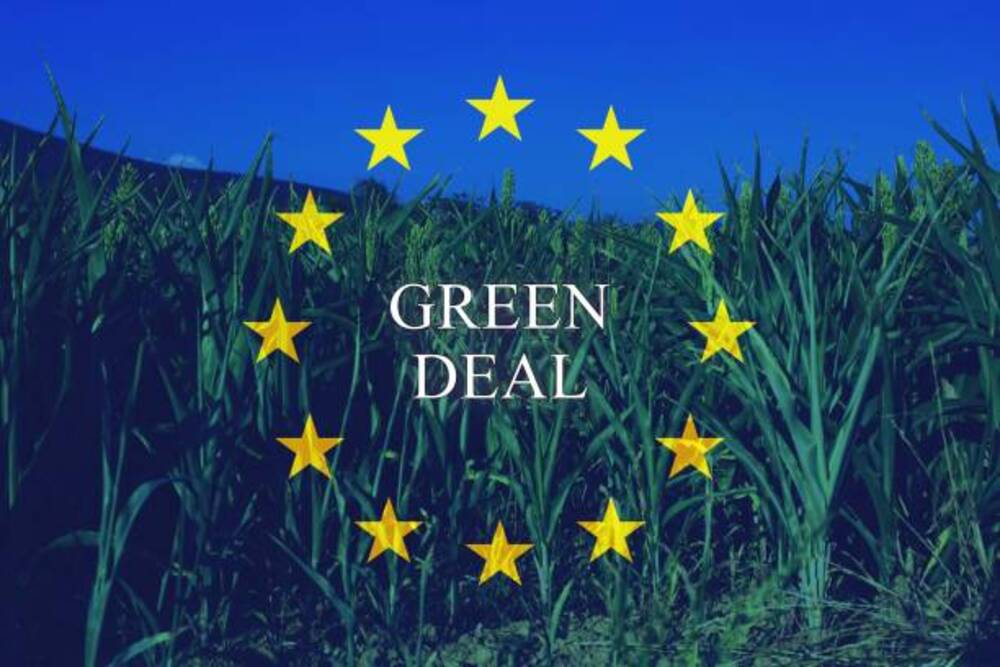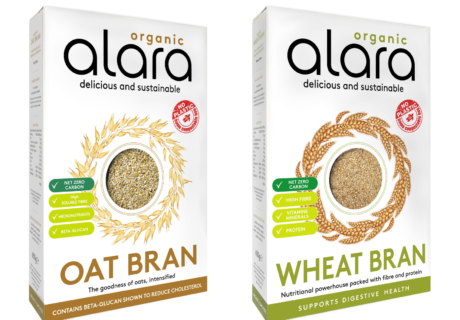We are moving towards the year 2030 and, therefore, the goal of reaching 25% of organic agricultural area is increasingly closer on the timeline. To achieve sustainability objectives, betting on ecological production in all its aspects is key, as well as the support and involvement of Administrations and key actors in the sector.
This implies not only promoting the production and consumption of ecological products, but also implementing concrete measures and policies that promote their comprehensive development. Among them, the public procurement of organic food in schools, hospitals and soup kitchens; the active promotion of the production and consumption of organic products through educational and awareness campaigns ; adopt fiscal policies such as reducing taxes on organic products; and dedicate political and economic efforts to supporting the ecological transition.
The simplification of the Common Agricultural Policy (CAP) and the agri-food sector
In April, the European Parliament approved an ‘urgent procedure’ to accelerate the simplification of some environmental requirements of the Common Agricultural Policy (CAP) with the aim of easing the burden on farmers. However, the organic sector warns that these modifications would mean taking a step back.
“This ‘simplification’ is a missed opportunity and lowers the CAP’s environmental requirements without providing a comparative advantage to farmers who want to invest in ambitious sustainable agricultural systems, such as organic farming and other agroecological practices. The proposal does not address the real problems of low prices linked to power imbalances and will ultimately undermine the EU’s environmental ambitions and the legitimacy of the CAP ,” says IFOAM Organics Europe President Jan Plagge in a statement , in which it reiterates the need to fairly compensate farmers who engage in sustainable production methods.
For their part, environmental NGOs and consumer organizations have also criticized the proposals presented . In the words of Marco Contiero , Greenpeace ‘s agriculture director : “Eliminating the last environmental protections is a poisoned gift for farmers.”
At the state level, regional governments such as Castilla-La Mancha have expressed their position and have demanded that Brussels include organic agriculture and livestock in the first pillar of the Common Agricultural Policy (CAP) . “If the bet of the European institutions is that 25% of the crop area has to be dedicated to organic farming, that cannot depend on the financial capacity of the rural development programs of each of the regions of Europe, which therefore has to depend on the first pillar of the CAP,” says the president of Castilla-La Mancha, Emiliano García-Page .
The post El sector ecológico urge a las instituciones a apostar por el bio appeared first on Organic Food Iberia.





